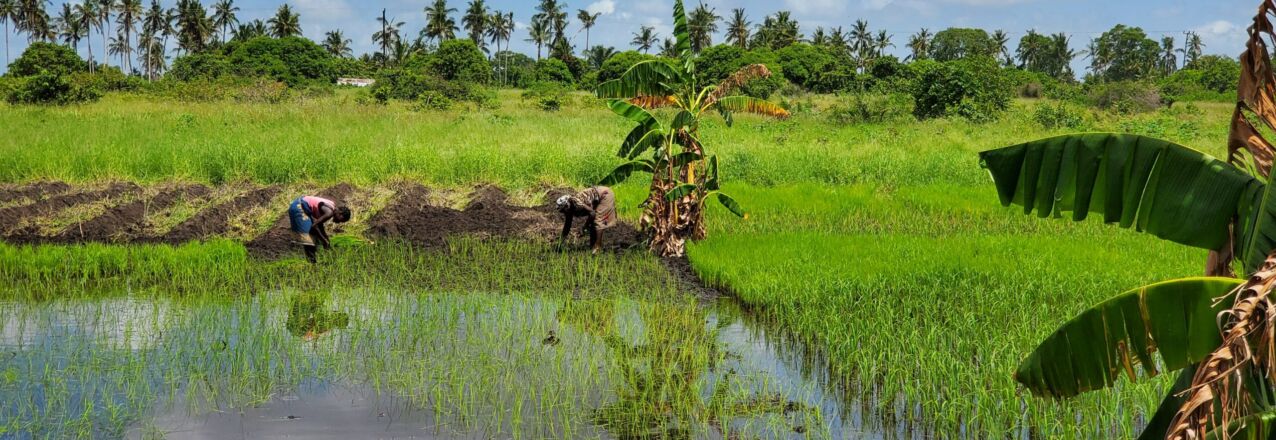Summary of the Initial Assessment of the Communities in the Novo Madal Area
Through the Integrated Land and Resource Governance (ILRG) program, USAID is working with Novo Madal, one of the largest agricultural companies in Mozambique, to promote inclusive land investment and agribusiness, provision of land to local communities, and engagement with smallholder farmers that benefit women, youth, and other marginalized groups. In November 2020, the organization NANA – Associação de Apoio ao Desenvolvimento, which is implementing the activity at the local level, carried out an initial assessment on gender, youth, and social inclusion in the areas bordering the Novo Madal properties in the district of Quelimane, Zambézia Province. The objective of the study was to analyze the current situation and perceptions of the target communities on gender, youth, and social inclusion in order to inform the implementation plan. The overall activity aims to document the land ceded by Novo Madal to the communities, support the company in the development of gender-sensitive policies and practices, increase women’s participation in decision-making in the communities, and increase opportunities for women in productive land use and economic empowerment.
The study combined desk review, direct observation, and semi-structured interviews through focus groups with women (married, single, or widowed), men, young women (12 to 20 years old), young men (12 to 20 years old), and the Novo Madal team. Data collection was carried out in eight communities (Inhangulue, Marracua, Machimano, Magalá, Naiver, Gumira, Milato, and Mussuloga) on the properties of Temane and Malacuari, making up 60 percent of the total target communities. Specific objectives included understanding the role that men, women, and young people play in agricultural production; identifying the perspectives and needs of men and women (and relevant subgroups) related to access, use, and control of land; identifying gender norms, roles, and responsibilities in the communities; and better understanding the attitude and capacity of Novo Madal on gender equality and women’s empowerment.


